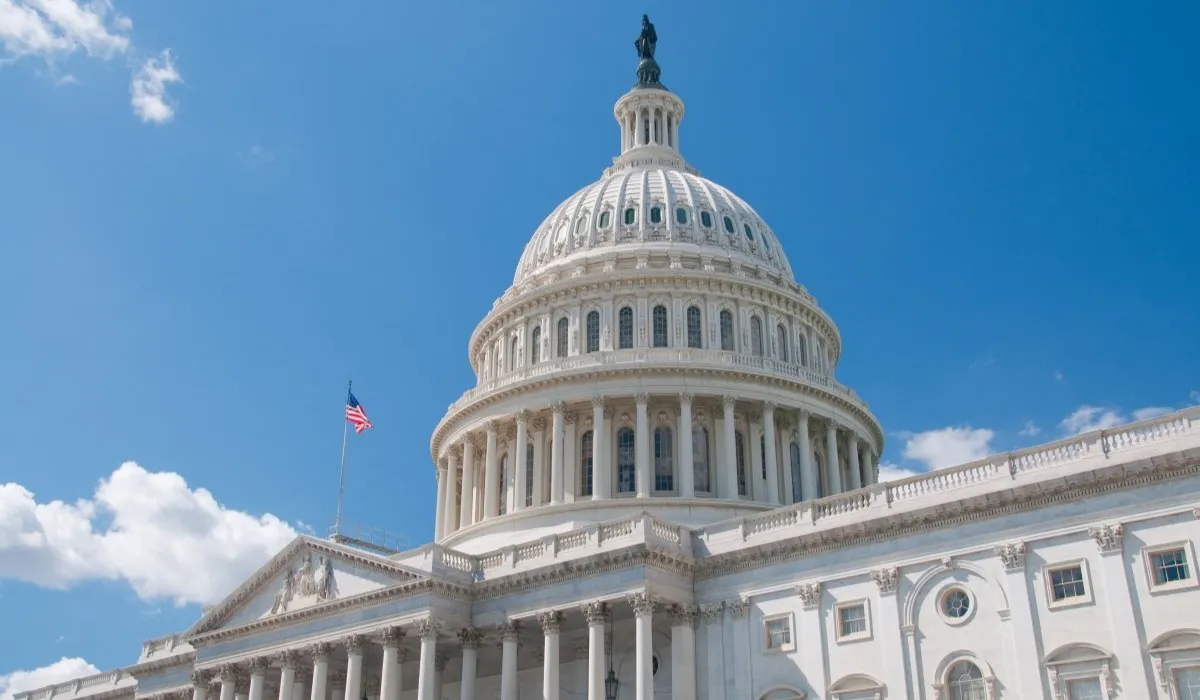Mortgage Groups Gear Up To Get Trigger Leads Bill Passed In 2025

The trigger leads bill has become a 2025 priority for the mortgage industry after failing to pass the House of Representatives last week, despite Senate approval. Mortgage trade groups, however, remain optimistic about the bill’s prospects in the 119th Congress.
“It would still have to get through the House [this year], which is technically possible but very unlikely,” said Brendan McKay, owner of Mckay Mortgage and chief advocacy officer at the Broker Action Coalition (BAC).
The legislation, introduced by Sens. Jack Reed (D-RI) and Bill Hagerty (R-TN), passed the Senate on Tuesday without amendments. It moved to the House, where it was considered for the suspension calendar — typically used for non-controversial bills requiring a two-thirds majority for passage.
However, procedural and policy concerns arose at the House Financial Services Committee, led by Patrick McHenry. These issues, including objections to using another legislative vehicle for the bill, echoed those that led to its removal from the Senate’s Fiscal Year 2025 National Defense Authorization Act (NDAA) in early November.
The Mortgage Bankers Association (MBA) said it will “keep working with other coalition stakeholders and our congressional allies – including a bipartisan set of 93 House and 44 Senate cosponsors – to advance this needed change to mortgage credit trigger leads policy via renewed advocacy next year in the 119th Congress.”
The bill aims to restrict credit reporting agencies from sharing borrower information without consent, unless the third party requesting the data originated the mortgage, is the current loan servicer or has a current specified banking relationship with the consumer. The legislation addresses widespread complaints about unsolicited calls, texts and emails.
“Next year will be a test of whether Congress and/or the federal agencies can ignore special interests and do something with broad bi-partisan support – banning abusive trigger lead solicitations from third parties a borrower neither knows nor wants,” said Scott Olson, executive director at Community Home Lenders Association (CHLA). “CHLA is cautiously optimistic they can.”
BAC’s McKay is also optimistic since the bill passed unanimously through the Senate, the more difficult chamber.
“When it gets introduced next year, and we are lobbying Congressional offices for support, we can not only lay out the same logical argument we already have, but we can also point to the fact that 100 US Senators did not object to this bill, a fact that will help make legislators comfortable with putting their name on the bill,” McKay added.
McKay also emphasized that while passing federal laws is inherently challenging, the progress made this year — from inception to near passage — was “lightspeed progress in D.C.”
Meanwhile, some pressure may come from credit bureaus, which in November proposed a softened version of the bill. Their suggestion included allowing “written offers” from any company receiving mortgage leads while significantly restricting phone calls.


